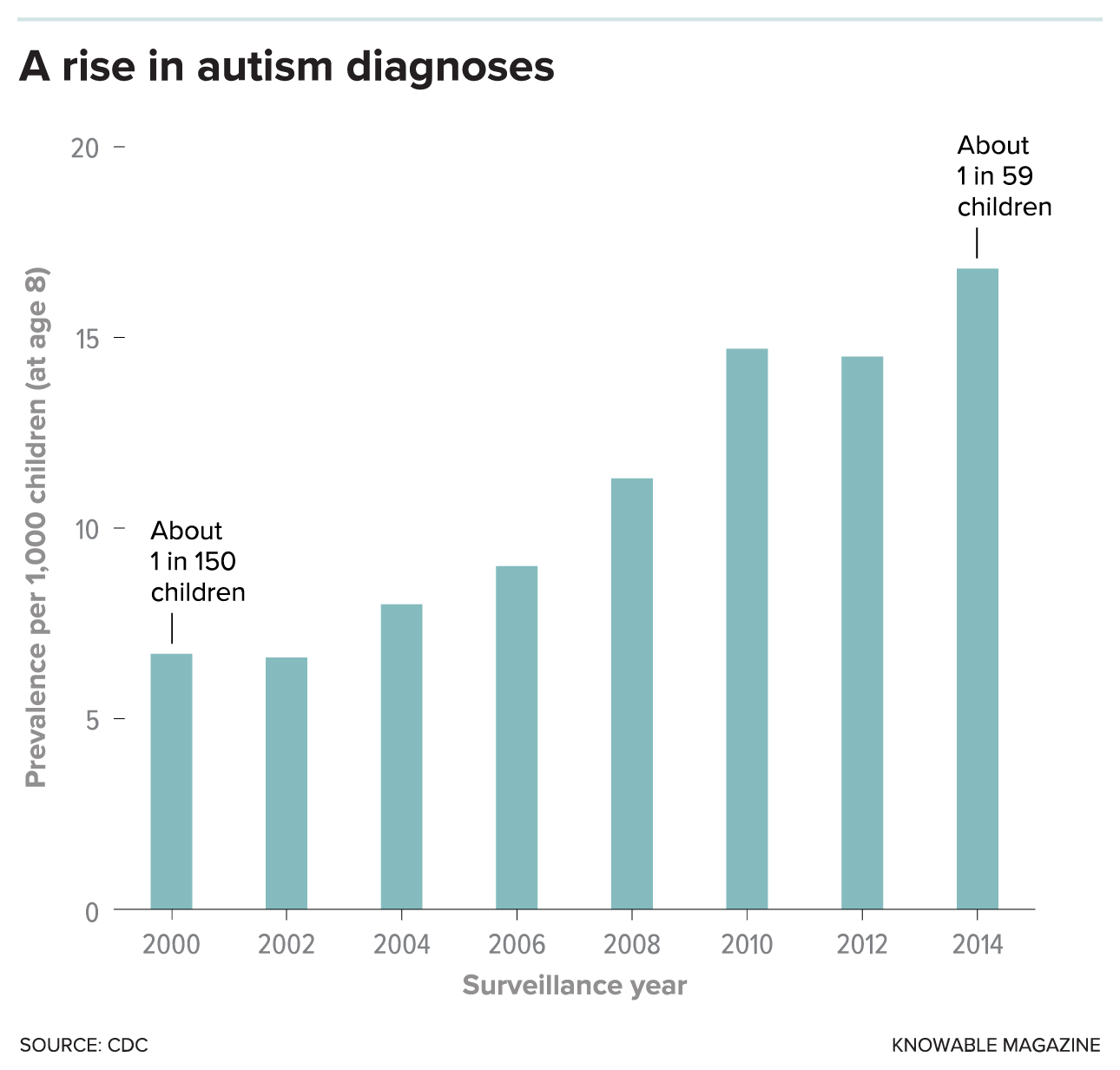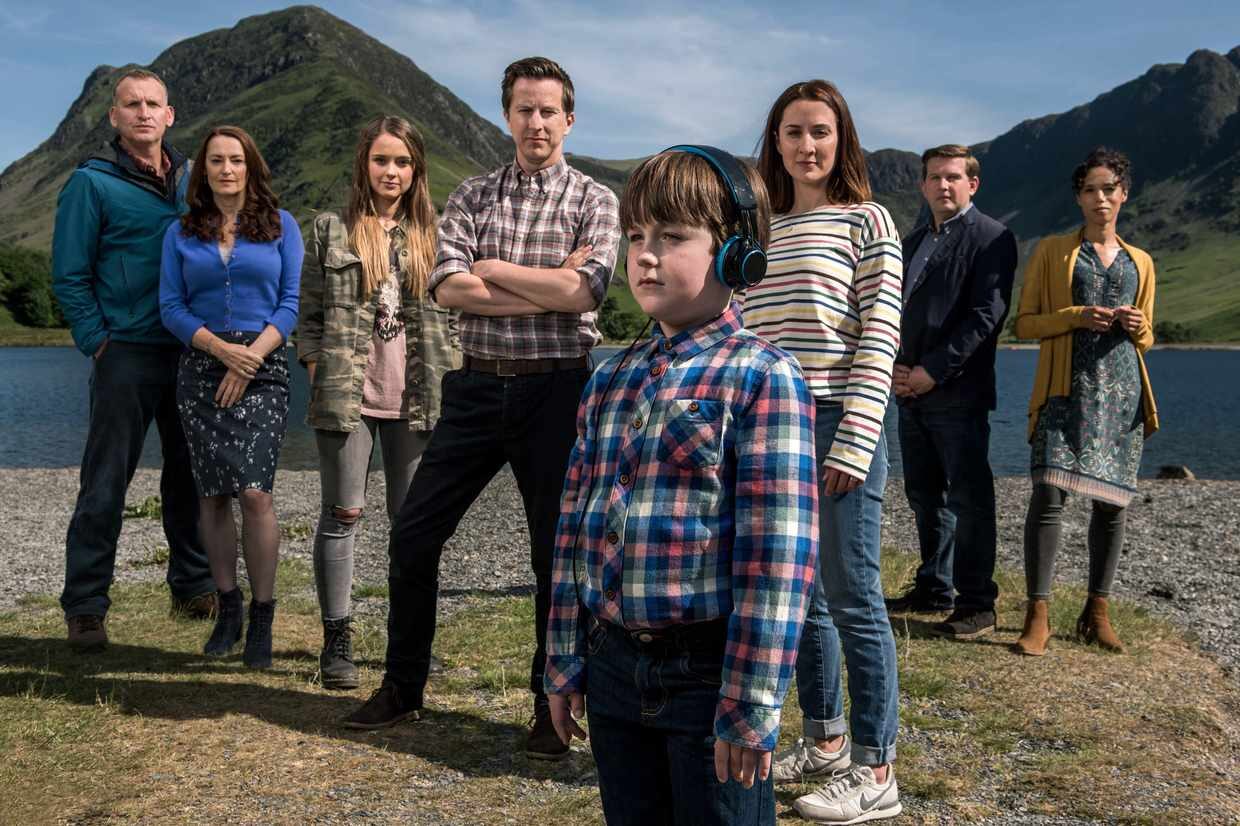Emily Willingham Knowable Magazine As alarm grew over autism prevalence at the turn of this century, there was much public talk of a growing “epidemic.” That language has since softened, and it is now clear that many autistic people were there all along, their condition unrecognized until relatively recently. But what is the cause? The emerging narrative today is that there is no single cause—rather, multiple factors, roughly sorted into the categories of genetics and environment, work together in complex ways. Because of this complexity and the hundreds of gene variants that have been implicated, developing human brains may follow many possible paths to arrive at a place on the autism spectrum. And this may help explain something true about autism: It varies greatly from one person to the next. As clinicians view it, autism involves communication deficits and formulaic, repetitive behaviors that present obstacles to establishing conventional relationships. The…
Tag: inheritance
The Main Cast of The A Word [image: A white British boy wearing headphones and looking to the side. Behind him are grouped five white adults, one white teen girl, & a black woman] Sarah Pripas Kapit @SarahKapit The most important thing to know about BBC’s drama The A Word is that it both is and is not a story about autism. On a basic level, The A Word is very much an autism story. The show’s first season told the story of the Hughes family as their young son Joe (Max Vento) was diagnosed with autism. In the second season—the focus of my review—the family continues to navigate life. Given this premise, it is remarkable how many of the show’s scenes have little or nothing to do with autism. The Hughes family, who live in rural Northern England, have a seemingly unending litany of interpersonal dramas: the marital strife,…

